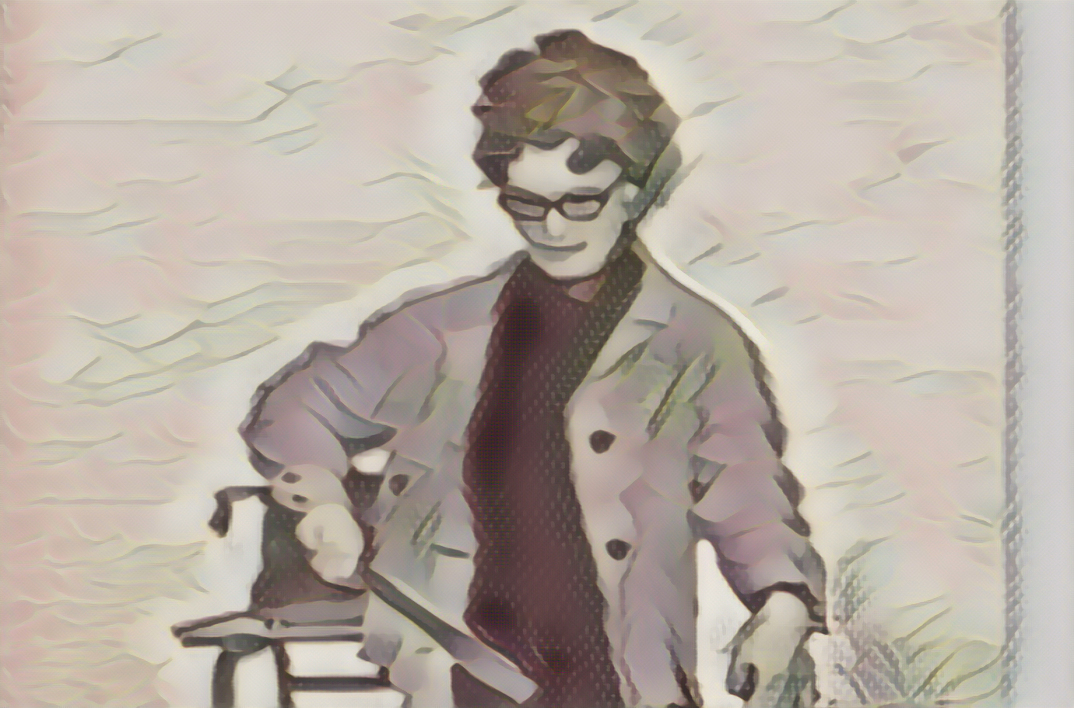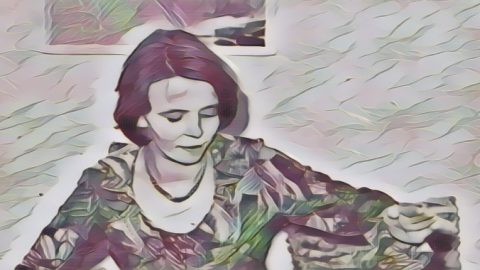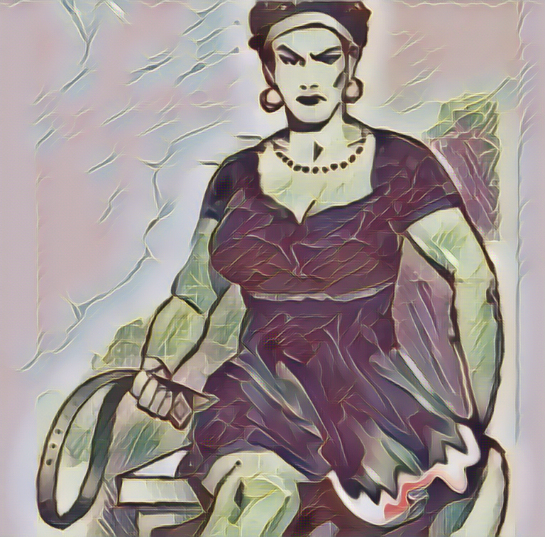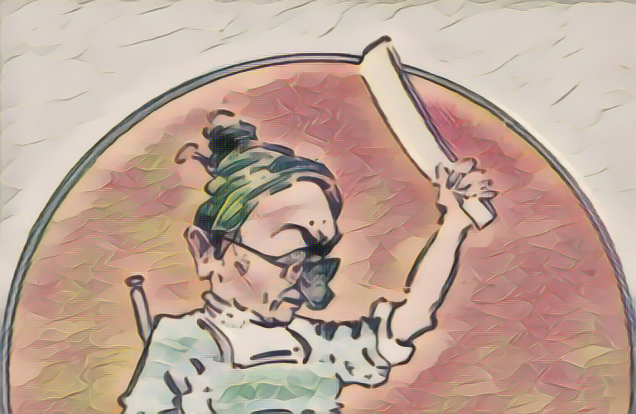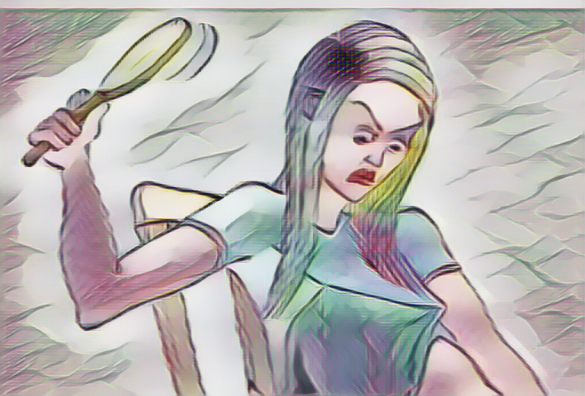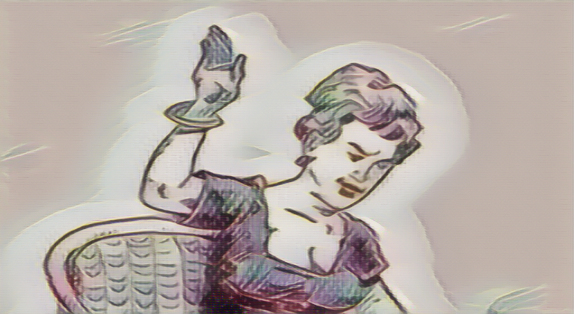(gap: 2s) Before I begin the story of that unforgettable afternoon, it is only right that I introduce the main characters, each as clear in my memory as the blue sky above the meadows of my youth. My elder brother, Charles, was a boy of great spirit and imagination, always ready to lead our adventures with a twinkle in his eye and a bravery that sometimes led us into trouble. I, on the other hand, was more thoughtful and careful, but I could never resist following Charles, hoping to show that I, too, could be as brave as he. Our grandfather, Mr. Edward Fairchild, was a tall and dignified gentleman, known for his strong sense of right and wrong. He managed the farm with a steady hand and a voice that was always obeyed. Grandmother, Mrs. Agnes Fairchild, was his loyal companion—quiet, dutiful, and caring, though she often hid her affection behind a mask of seriousness. Together, they were the centre of our world, and it is because of them that this story holds such an important lesson.
My grandfather and grandmother lived on a large and beautiful farm, surrounded by rolling green fields and hedgerows where wildflowers grew. The air was always fresh and sweet, and the gentle sound of cows and the scent of hay made it a most delightful place. My siblings and I visited often, our hearts full of excitement for the adventures that awaited us. On one such sunny afternoon, my older brother and I, our cheeks rosy from the sun, had just finished feeding the horses in the old wooden stable. The horses, gentle and friendly, nuzzled our hands for apples, and we laughed at their soft whiskers tickling our palms.
(short pause) In our excitement, we quite forgot the most important rule of the farm: always latch the gate. As soon as we turned away, two of the horses, curious and playful, pushed the gate open and wandered out into the wide, green pasture. Our laughter stopped at once as we realised what we had done, and a feeling of worry crept over us. We hurried after the horses, calling their names, but they trotted further away, their tails swishing in the breeze.
(pause) Fortunately, the grown-ups—hearing our anxious voices—came quickly and managed to bring the horses back before anything dreadful happened. But our relief did not last long. Grandfather, tall and serious, came towards us, his boots making firm steps on the ground. His face was stern, and we knew at once that we would have to answer for our carelessness. “To the barn, both of you,” he said, his voice leaving no room for argument. “You must learn to be responsible.”
(pause) My brother and I looked at each other with worried faces. We were used to being corrected—Mother’s hairbrush had sometimes been used when we were naughty, and Father’s belt was spoken of with respect. But Grandfather’s lessons were famous in the family, and we felt very small as we walked towards the barn, the sunshine seeming less bright.
(short pause) Grandmother, always watchful, came with us, her lips pressed together in a straight line. Inside the barn, the sunlight shone through the wooden beams, and the air was filled with the smell of straw. Grandfather chose a leather strap, well-worn from many years. We pleaded with him, but he was firm, his eyes kind but determined.
(pause) My brother, always the braver one, tried to explain, his voice shaking. “Please, Grandfather, we did not mean to—” But Grandfather gently interrupted, saying that we must accept the consequences of our actions. The words hung in the air, and we knew there was nothing more to say.
(short pause) With a sigh, my brother bent over a pair of hay bales, holding tightly to the twine. The barn was very quiet. The only sounds were the distant clop of a horse’s hoof and the soft rustle of straw. Grandfather raised the strap and brought it down with a sharp sound. My brother jumped up, holding his bottom and crying out, tears running down his cheeks. I felt my own eyes fill with tears, my heart beating fast with worry for him.
(pause) Grandmother, her face calm and full of duty, gently took my brother by the arm and helped him back into place. She held him steady as Grandfather gave another firm but fair stroke. The strap made a swishing sound, and my brother’s legs kicked in surprise. His cries grew louder, mixing with the gentle sounds of the horses in their stalls. The barn was filled with the sounds of the strap, the soft sobs, and the creak of the hay bales.
(short pause) The lesson was a long one—thirty-two strokes, two for each year of his age. Each one seemed to last forever, and my brother’s strength faded as the lesson continued. By the tenth stroke, his voice was hoarse, and his body trembled. Grandfather’s face was serious, his arm steady, while Grandmother’s eyes showed a glimmer of sadness. The barn’s earthy smell mixed with the scent of hard work and tears. At last, my brother sank to the floor, crying quietly. Grandmother helped him up and led him to stand by the wall, her touch gentle now, though her face remained serious.
(pause) Then it was my turn, and I was already crying, my knees shaking. Grandfather, seeing how frightened I was, handed the strap to Grandmother. Her hands were smaller, but she was just as firm. The first stroke made me gasp, the pain sharp and surprising. The second made me cry out, and I kicked my legs, wishing I could run away. The barn seemed to grow smaller, every sound louder—the swish of the strap, the thud as it landed, my own sobs, and the gentle snorts of the horses.
(short pause) Near the end, as the lesson continued, I was so frightened that I lost control and felt very embarrassed. Grandmother simply said, in her calm and practical way, that it showed I was learning, and she finished the lesson—fourteen strokes, one for each year. Each one stung, and I cried openly, my face hidden in the hay, thinking only of when it would be over.
(pause) When it was finished, my bottom ached for days. My brother found it even harder to sit, and his pride was as sore as his body. Yet, as the days passed and the pain faded, the lesson stayed with us. Never again did we leave a gate unlatched, and the farm, with all its rules and routines, became a place of both fun and respect—a place where we learned, sometimes in a difficult way, the importance of being responsible.
